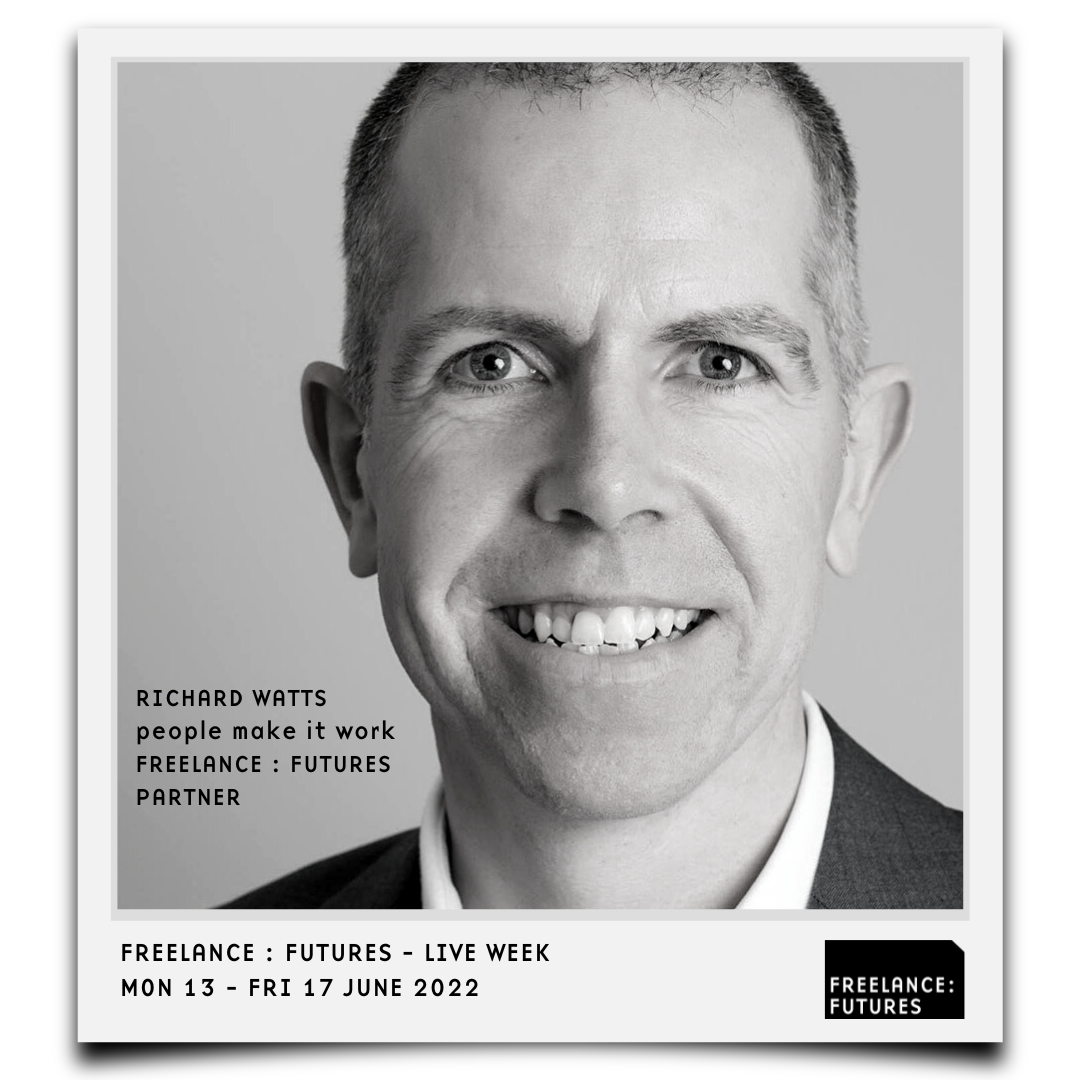More Manifesting. Less Manifesto - A blog by Richard Watts
Promises are powerful formulations reflecting genuine intentions. But, Freelance : Futures Programme Director Richard Watts argues in this Arts professional article, they must be accompanied by concrete actions.
At people make it work a lot of what we do involves supporting individuals, groups and organisations to explore and articulate their visions, ambitions and commitments.
It’s inspiring and uplifting to see people focused on how they can respond to what the world needs – whether that be our climate or social justice emergency, economic and community challenges or other gaps between how the world is and how they want it to be.
So much of the work is about promise: the ideas and initiatives that look promising, the promises that people make to themselves and others and, at this moment in the English cultural calendar, the promises we make to funders and partners in the form of ACE NPO applications.
I love the moment when ideas and frustrations coalesce into a compelling response. I love the ability of a promise to move individuals, shift what’s possible, generate coalitions and build collective energy.
But an empty promise, wishful thinking, and good intentions demand actions to match. When they’re broken a corrosive cynicism replaces hope. While we sit comfortably with our own well-meant promises, others view them with scepticism, waiting for their manifestation. Promises need keeping. Intentions demand actions. Manifestos need manifesting.
What does manifestation look like?
Much of the work we do involves stories that are not ours to tell. But as examples, look at Sara and Zak’s work in Birmingham or Pegasus Talent’s work in diversifying opera, see what the Projekt Europa team are up to. I think they are all manifesting promises they’ve made in concrete and exciting forms.
Of course, we have experienced our own shifts and learning at people make it work. Over more than 20 years, we have taken pride in being a positive, empowering, collaborative, self-aware, constructive and supportive organisation - made up of like-minded, freelance colleagues committed to supporting change across the sector.
That’s both a reflection of our intentions and a description of what we have mostly achieved. But does it also smack of some complacency? Helping others develop their organisational practice, ours must be perfect, right? Wrong, of course, our ways of working can and should improve.
Our unconscious biases need to be surfaced, tested and mitigated. Our assumptions and habitual practices need healthy scrutiny, reflection and refinement. So, I’ve been asking a series of questions: How do we address the inequity in our ways of working and thinking to generate greater transparency, choice and agency? How might a future model look, informed by values rather than habit or pragmatic response? How could our good intentions and practices be inbuilt to ensure good results? How do we rebalance inequitable power relations, expressed in our everyday actions?
Fundamentally, how do we ensure that we are our best selves always, everywhere?

